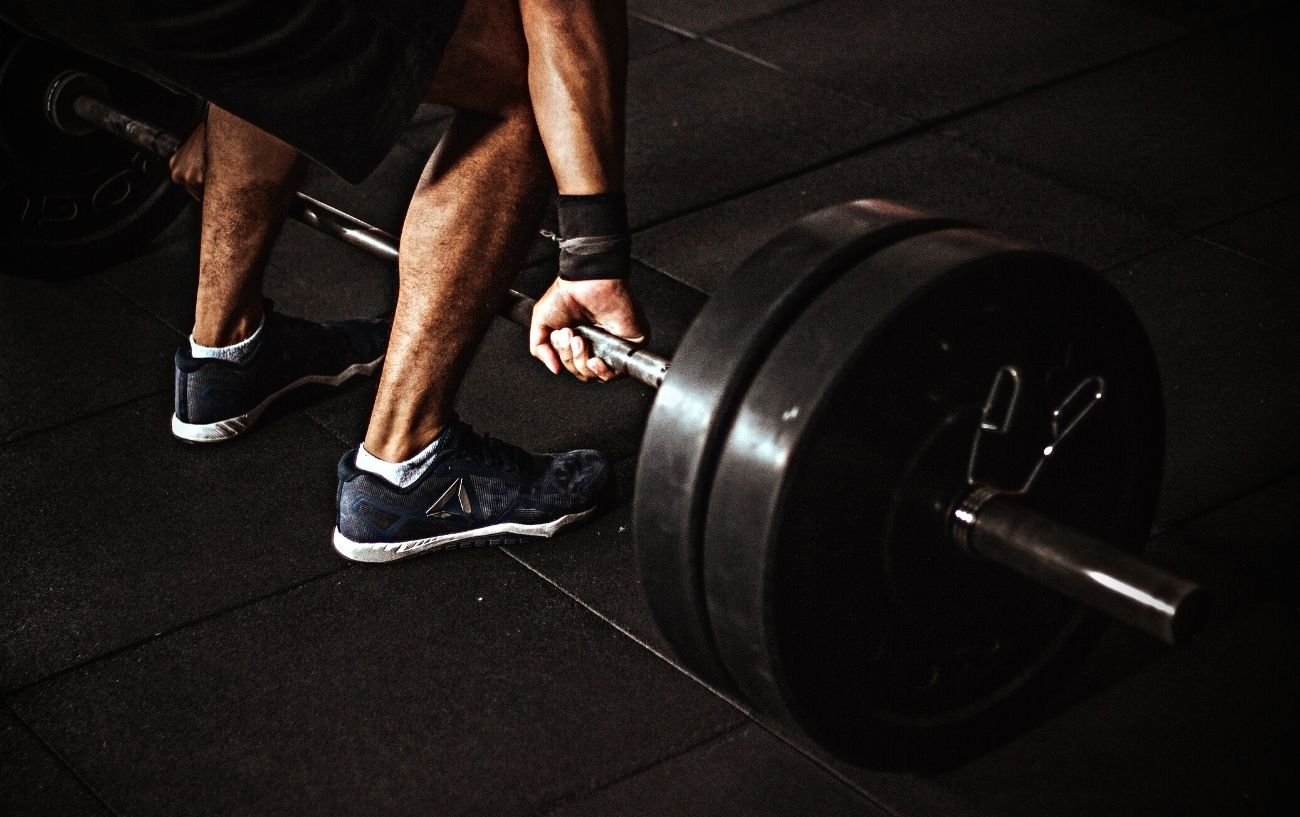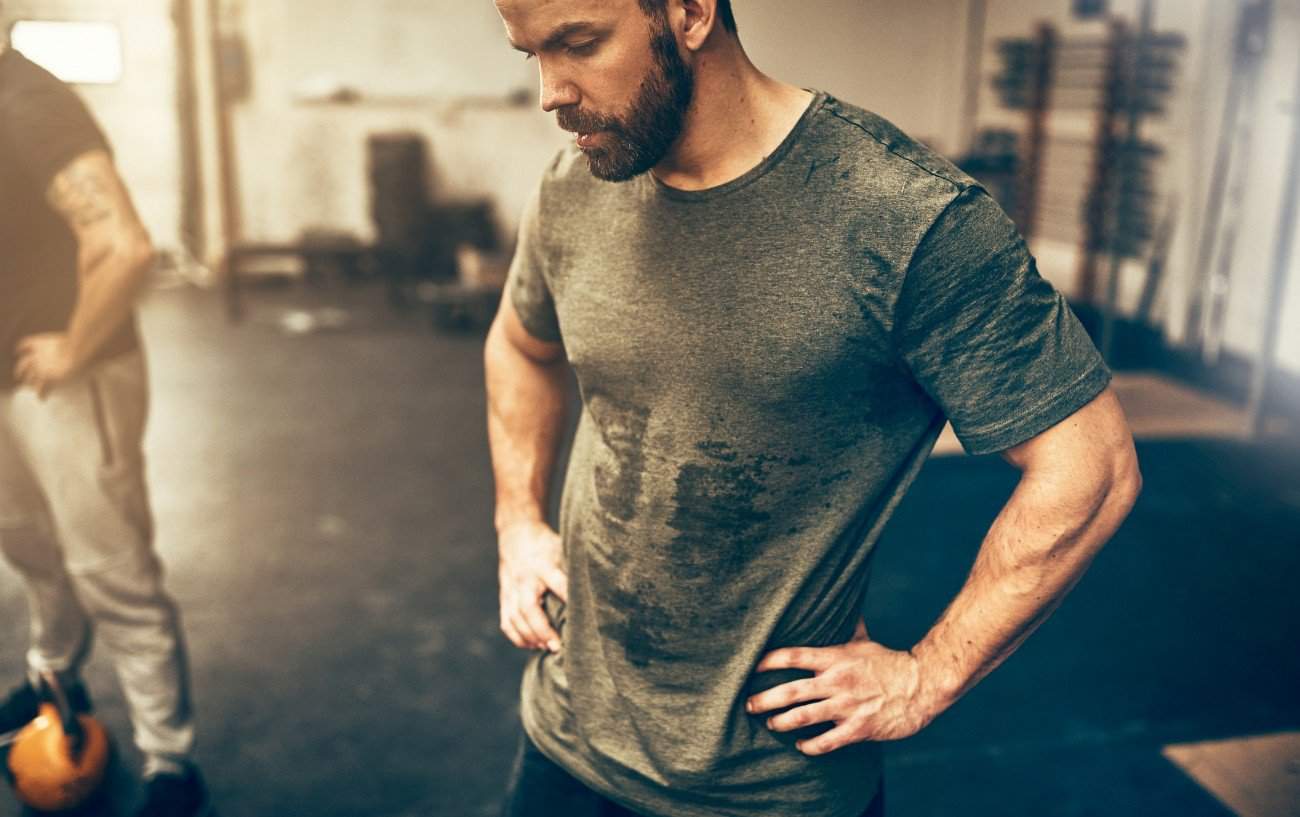Who doesn’t want to run faster?
Whether you’re a dedicated distance runner who’s always chasing a new PR, a weekend warrior training for your next 5K, or an athlete looking to gain an edge on the field or court, speed is a game-changer.
The ability to accelerate quickly, sustain a faster pace, and improve overall running efficiency can make all the difference in performance—whether you’re sprinting toward the finish line, chasing down an opponent, or simply trying to feel stronger on your daily runs.
With the right training, you can develop greater power, stride efficiency, and turnover to become a faster, more explosive runner.
In this guide, we’ll break down specific exercises to run faster that will help you improve your speed, from plyometrics and strength training to running workouts. Let’s get to work!

What Are the Best Workouts to Get Faster?
When you first start running or working out, improvements in your speed and endurance are relatively easy to come by.
As long as you’re following a sensible and progressive training plan, you will likely find almost any type of running workout helps you get faster.
However, over time, as you start to get really fit and fast, your sprinting speed or general running pace may begin to level off, and you might feel like you’ve reached a fitness plateau.
If you’re not continually giving your body a new or progressively challenging stimulus by changing or ramping up your training, your progress can stall.
For this reason, when you’re trying to do workouts to run faster, it’s important to include enough variety in your exercise routine to ensure your body never gets too accustomed to what you’re doing.
Some of the best speed workouts to run faster are running-specific workouts.
For high-intensity exercises such as these, make sure to warm up and cool down to minimize the risk of injury.
#1: Intervals
Intervals are set distances you run at specific paces as a form of speed work, so they are usually run at race pace, slightly faster, or VO2 max pace, depending on your goals, the race distance you are training for, and the distance of each interval.
For example, you might run an interval workout of 12 x 400 at a goal 5K pace or slightly faster.
#2: Fartlek Runs
A fartlek run involves varying your pace as you run by adding bursts of fast running interspersed into your run without stopping after each “on” interval.
For example, you might do a 4-mile fartlek run where you do 10 x 90-second surges at your 5K pace during the run.
In between each of these surges, you would resume your normal training pace or slow your pace just a tad.

#3: Hill Sprints
Hill sprints are some of the best workouts to get faster.
Applicable for distance runners and sprint athletes alike, hill workouts involve sprinting up hills using good form and a quick turnover.
Because you have to contend with the incline of the hill and gravity, hill sprint workouts are like resistance training and speed training combined into one.
Using a quick cadence and driving with your arms makes hill repeats one of the best exercises to run faster.
#4: Accelerations or Strides
Accelerations or strides involve running 75-100 meters or so, building up from a fast pace to an all-out sprint.
They allow you to work on your turnover and drive, which helps you run faster.
#5: Speed Training With Resistance
Speed training with resistance involves sprinting with some form of resistance, such as a parachute, weighted sled, or against a resistance band or tethered partner.
Then, when the resistance is removed, it becomes that much easier to sprint, helping you run faster.
Whether you’re doing a sled pull, pulling against the wind resistance of a parachute, being restrained by another runner, or otherwise, when you sprint as fast as possible against resistance, you build up your strength as you build your speed.

#6: Tempo Runs
Tempo runs involve running for at least 20 minutes or so at a pace that’s right around your lactate threshold.
Tempo workouts are designed to improve your lactate threshold or the point at which your body is no longer able to clear lactate from the muscles as quickly as it is being produced.
When you run faster than your lactate threshold pace, you will rapidly fatigue, and your legs will start to feel heavy and tired.
Therefore, tempo runs help to condition your body to handle running faster before hitting anaerobic efforts.
Your lactate threshold is around 83-88% of your VO2 max, so your tempo run pace would be the pace you are running at 83-88% of your VO2 max according to your lab results or roughly the pace you could hold at max effort for an hour of running.1Cerezuela-Espejo, V., Courel-Ibáñez, J., Morán-Navarro, R., Martínez-Cava, A., & Pallarés, J. G. (2018). The Relationship Between Lactate and Ventilatory Thresholds in Runners: Validity and Reliability of Exercise Test Performance Parameters. Frontiers in Physiology, 9(1320). https://doi.org/10.3389/fphys.2018.01320
This is a “comfortably hard pace.”
For most runners, tempo run pace is about 25-30 seconds per mile slower than 5K race pace.
For example, if you are training to run 5K in 27 minutes (8:40 pace), your pace for threshold workouts should be around 9:05-9:10 per mile or 5:35-5:38 per kilometer.

8 Strength Exercises to Run Faster
In addition to running-specific workouts to run faster, you can improve your leg speed and power by performing exercises that strengthen the muscle groups in your legs and core.
Such exercises are also a form of strength training that will lower your risk of injury and help to improve your running form.
The following are some of the best exercises to build leg muscle and other muscles in the lower body to help you run at a faster pace:
#1: Explosive Step-Ups
Step-ups are a fantastic exercise to increase running speed because they strengthen the key muscles involved in running and sprinting, such as your glutes, hamstrings, quads, calves, and core muscles.
To progress the exercise beyond using just your bodyweight, use dumbbells for added resistance, explode upward on the step-up portion, and slowly step down backward.
The explosive power should come from your glutes, which will help drive your leg forward when you run.
#2: Bulgarian Split Squats
Rear foot-elevated split squats, or Bulgarian split squats, are a good unilateral strength training exercise for runners.
They’ll build muscle in your entire lower body and core.
For maximum effectiveness in terms of using this one of our exercises to run faster, perform the eccentric phase (lowering down) as slowly as possible and then explode back up.

#3: Single-Leg Romanian Deadlifts
This is a great exercise for running faster because it isolates each leg at a time, mimicking the unilateral demands of running.
You’ll strengthen your glutes, hamstrings, and core.
Instead of performing each rep slowly, reach down slowly with the weight and then explode upward back to the starting position.
This will help develop the power you need to run faster.
#4: Box Jumps
Jumping up onto a plyometric box with two feet builds explosive strength that can translate to running faster.2Lum, D., Tan, F., Pang, J., & Barbosa, T. M. (2016). Effects of intermittent sprint and plyometric training on endurance running performance. Journal of Sport and Health Science, 8(5). https://doi.org/10.1016/j.jshs.2016.08.005
Gradually increase the height of the box you use as you get stronger.
#5: Jumping Rope
Jumping rope is a great way to get in some footwork and increase your cadence.
Jump as low to the ground and as quickly as possible to improve your turnover as much as possible.
Keep your core tight and glutes engaged.
#6: Squats
Few exercises to run faster and get stronger are complete without squats.
Like the other exercises here, perform the eccentric phase slowly and then focus on accelerating upwards as fast and powerfully as possible.

#7: Depth Jumps
This tough plyometric exercise is great for developing explosive speed for running faster.
Because you start on a raised box rather than the floor, this exercise has a strong eccentric (lowering) muscle action.
Therefore, you get the true stretch-shortening cycle necessary to fully activate the central nervous system.
This, in turn, increases muscle firing rates and increases the force the muscles can generate.
Start on a plyo box that’s 6-30 inches high, depending on your experience level.
To perform the exercise, step down, one foot at a time, as if you’re sort of falling into the ground, storing energy in your legs.
As soon as both of your feet have landed, jump as high as you can, straight into the air, without pausing or lowering into a preparatory partial squat.
To boost your power and momentum, thrust your arms upward as you jump.
Land softly with your knees bending to absorb the load of your body.
Pause and rest before doing another rep.

#8: Medicine Ball Burpees
Regular burpees can certainly be useful in your workouts to run faster, but adding a medicine ball takes everything up a notch.
You’ll perform the same basic burpee (squat, down to push-up, then explode up to a vertical jump), but all while holding onto a medicine ball.
The medicine ball makes the squat and vertical jump more challenging because you have added resistance.
Driving your arms straight overhead while holding the medicine ball helps build power in your glutes, which can help you run faster.
Moreover, you’ll get a killer core strength workout and will really challenge your upper body with the push-up portion.
Try to do the push-up with your hands on either side or the top of the medicine ball.
By reducing your base of support and placing your hands on an unstable surface, you’ll really have to activate your core.
For each exercise, perform 3 sets of 6-8 reps. Focus on proper form, high resistance, and power.
Between the running workouts and the leg strength and core strength exercises, as well as a commitment to keep your training program varied, it should be possible to run faster.
For a complete list of different types of running workouts to keep your training well-varied, check out our guide:












